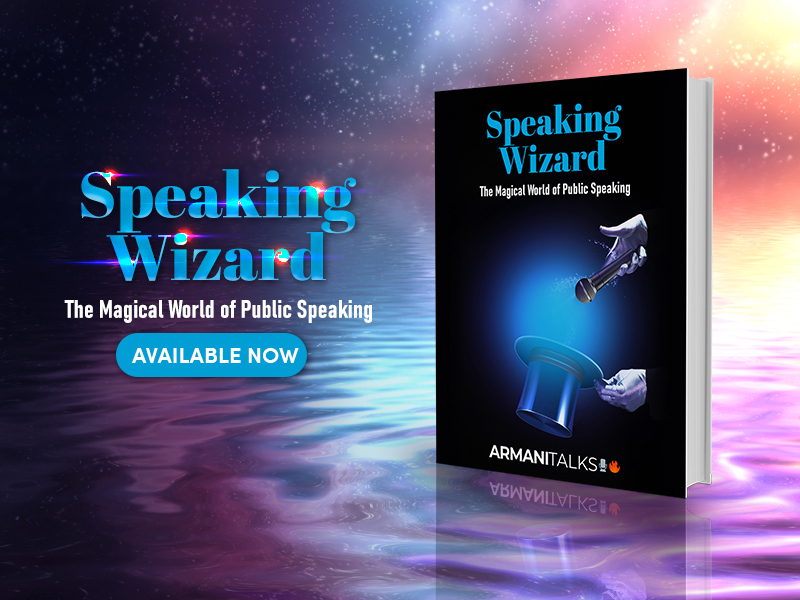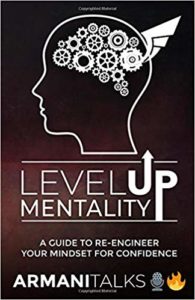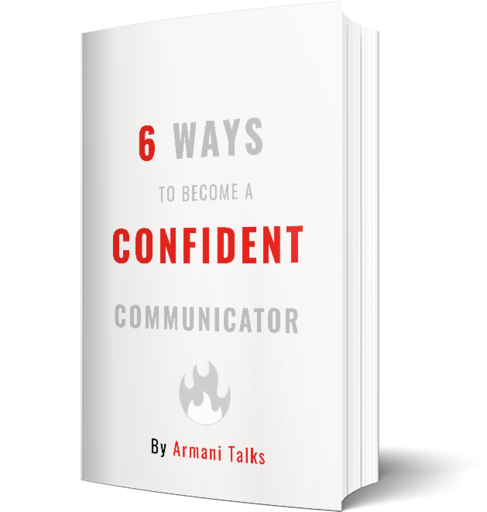Avoid Asking the Audience Too Many Questions
In 2019, I was in this one business networking event where one of the leaders from another chapter would be presenting.
She was pretty high up there with her rank.
So, when we found out she was going to be presenting, we were alert.
In the beginning of her talk, she said:
‘I want engagement from the audience. Every now and then, I may ask a question.’
We nodded our heads.
The main thing we got from her statement was, “every now and then.”
Boy, were we wrong!
This lady kept asking question after question!
And these weren’t easy questions to answer either.
Mind you, the presentation was happening at 7 in the morning.
Many of us were feeling sleepy.
We just wanted the presenter to talk.
She kept asking us questions.
Every now and then, someone from the audience could answer.
But other times, the audience didn’t know the answer.
Rather than carrying on, she would make these awkward pauses and give us a face of disappointment.
That speech was a debacle.
Is Asking Questions in a Speech Ever Fine?
I like to view asking questions as the seasoning of a dish.
Some seasoning makes the dish pop.
Too much seasoning makes the dish gross.
Questions are like that.
A well-timed question engages the audience.
Heck, the question can even be rhetorical.
It doesn’t require a response.
The rhetorical question is simply presented to make the audience think.
A few questions are great for a talk.
But when the questions are overdone, that’s when the dish becomes too salty.
Yuck!
Why Asking Too Many Questions is Annoying
Let’s go beyond public speaking for a second.
Let’s talk about HUMANS in general.
Most humans are lazy.
They don’t want to do work.
They view someone as charming when the charming person makes them feel relaxed.
Our brains have a phenomenon known as the ‘path of least resistance.’
We will choose the easiest path by default.
That’s why discipline gets praise.
It’s because we are reprogramming our brain.
We were pissed off at this lady because she kept making us do work.
We kept getting question after question.
Every now and then, she’d call a random person in the audience to answer the question.
When they couldn’t, the audience member was left looking silly.
Now the other audience members scrunched up their bodies to look small.
They didn’t want to get noticed by the lady because they may be left looking silly too!
They had to think a lot about how not to be noticed.
Think a lot.
That sounds like work!
Assume the Audience Won’t Answer your Questions
Every now and then, a speaker will ask a question, and no one will raise their hand.
If the speaker created the speech EXPECTING someone to raise their hand, and they are met with dead silence…
Then the speaker will get rattled.
However, if the speaker expects that the audience may not answer their questions, then the speaker will be nimble.
This speaker will be able to smoothly deal with the awkward silence.
‘What’s scientifically more difficult to maintain, a cat or a dog?’
No one answers.
‘All you cat owners, I know you are thinking of your precious cat. And guess what? Scientifically speaking, cats are easier to maintain than dogs. Let me share why.’
No awkward silence.
Plus, this was a smooth way to engage the cat owners of the audience.
Here’s another thing I’ve noticed.
When the speaker expects that the audience may not answer their questions, then the speaker is more mindful of which questions to ask.
They are more strategic in seasoning their dish.
Side Note on Calling Out the Audience
This lady did not make her displeasure unknown when we didn’t answer her questions.
She was visibly upset.
- Come on guys, wake up!
- Can I get some engagement?
- No one knows the answer?
I don’t know why a speaker thinks it’s smart to call out the audience.
It’s not!
I’ve seen a lot of teachers do this in college.
I understand the rationale of a teacher calling out students in a school dynamic.
A lot of students don’t pay attention; therefore, a teacher creates a high-pressure environment to make the students pay attention in the future.
But treating adults like students is not smart.
It creates a lazy speaker.
The problem is that the speaker has no clue they are doing anything wrong.
They think they are doing the right thing to call out a disengaged audience.
That’s like a comedian yelling at the crowd for not laughing at his jokes.
Not good.
The speaker should go in with the presupposition that the audience may be silent the whole time.
Don’t rely on the audience to answer anything.
If they do, great.
But avoid being reliant on them.
A lot of speakers turn audiences into props.
Some members of the audience may like this.
Others just get annoyed.
Be aware of turning someone into a prop without their consent.
Speaking Smoothly
One of the best skills for a public speaker is to learn impromptu speaking.
This skillset will allow the speaker to quickly generate thoughts out of the ether.
Every now and then, a hand will shoot up midway into our presentation.
We didn’t even ask a question!
The speaker who can either say:
‘Hold onto the question, my friend. I will answer all questions at the end.’
Or
‘What’s up? What do you have for me?’
Will win.
The ability to be dynamic is a great skill set to have.
It will allow you to read the room better and prevent yourself from boring the audience.
The lady who came to speak at the event had a lot of good information.
However, due to her public speaking faux pas, we were left resenting her rather than admiring her.
Questions are like the seasoning of a dish.
Use it, but don’t abuse it!







